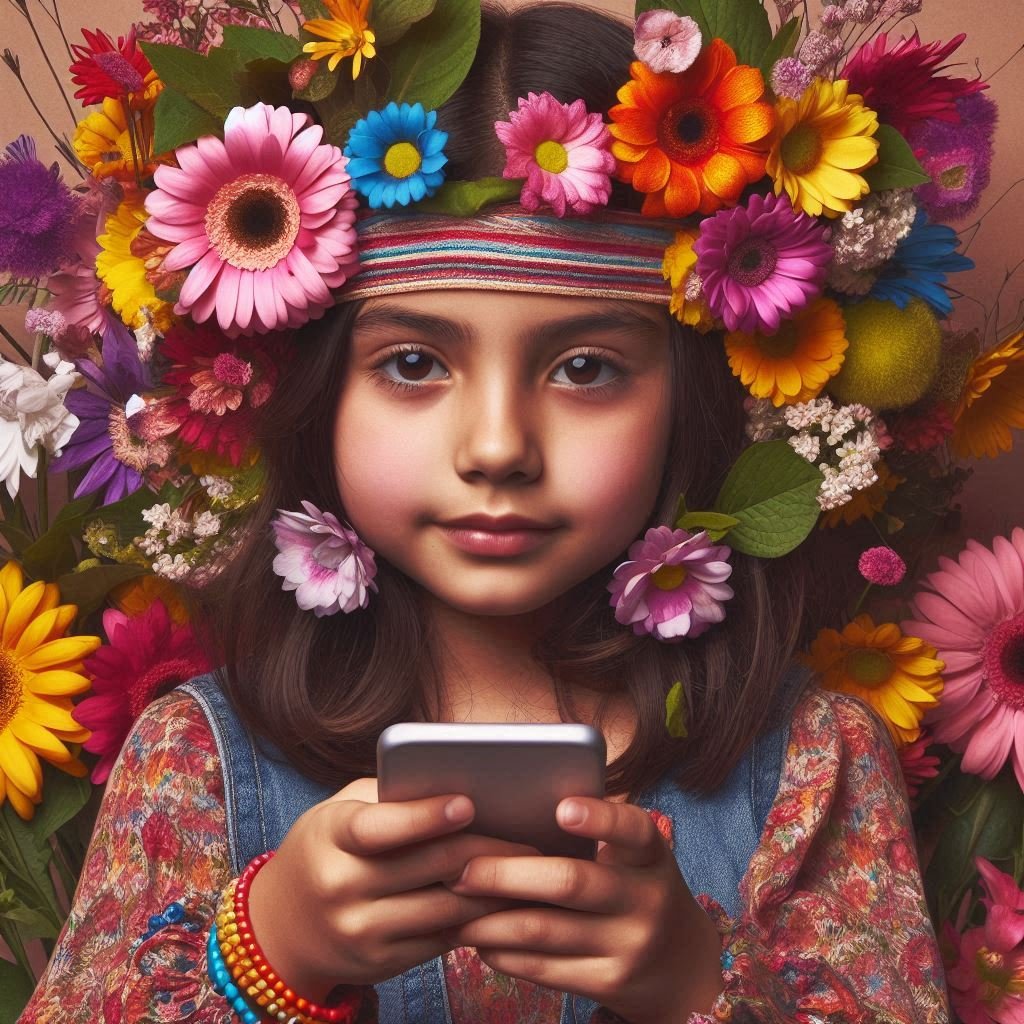Forever Grateful for the Courageous Efforts to Safeguard Our Youth from Social Media's Impact on Mental Health
On March 22, 2022, Vice Admiral Vivek H. Murthy, MD, MBA, the Surgeon General, received a powerful letter from a coalition of esteemed organizations. This letter highlighted a pressing concern: the potentially adverse impact of social media on the mental health of children and adolescents. Today, I want to express my deep gratitude to these organizations for their courage and dedication in bringing this critical issue to the forefront.
My Journey to Discovering the Letter
I came across this important letter while attending a hypnosis course focused on Major Depressive Disorder (MDD). During the course, the instructor shared various resources and discussions on mental health, one of which was this letter addressed to Dr. Murthy. The content of the letter deeply resonated with me, as it underscored the urgent need to address the mental health challenges that our youth face today.
The Letter to the Surgeon General
Addressed to Vice Admiral Murthy, the letter began with a heartfelt thank you for his ongoing efforts to address the current mental health crisis among today's youth. The organizations, representing a broad spectrum of scientific and medical expertise, urged Dr. Murthy to alert the public to the dangers posed by social media usage among children and adolescents. With the recent leak of Facebook’s internal research, which acknowledged the risks, the urgency of this matter has intensified.
The Importance of Public Awareness
The letter emphasized the need for a public education campaign to inform youth, parents, and guardians about the specific dangers of social media. Such a campaign would provide vital information on navigating these risks and educate on safe social media practices. The hope is that this initiative will lead to a better-informed public, capable of making decisions that protect the mental health of young people.
The Science Behind Social Media's Impact
The coalition's letter was grounded in robust scientific research. Psychological scientists have long warned that digital media can exploit the biological vulnerabilities of youth. Adolescence is a critical period marked by neurological changes that increase cravings for social attention, feedback, and status. Research indicates that digital media satisfies these cravings at a neural level, similar to the effects of drug addiction. This neural activation can lead to an unhealthy dependency on social media, posing significant mental health risks such as depression, anxiety, and eating disorders.
Addressing Peer Influence and Misinformation
One of the major concerns highlighted in the letter is the heightened potential for peer influence facilitated by digital media platforms. The proliferation of misinformation and disinformation on these platforms can create the illusion that certain opinions are widely held, influencing young people's behavior and beliefs. This can lead to increased risk-taking behaviors, such as excessive alcohol use, and more severe issues like peer victimization and harassment.
The Call for Transparency
The coalition also stressed the need for transparency from social media companies. There is a significant lack of understanding about how social media algorithms work and how they impact user behavior. The letter called for social media companies to provide clear explanations of their algorithms and to make internal research data publicly available. This transparency is essential for researchers and policymakers to fully understand the impact of social media on users, particularly children.
Leadership and Advocacy
Dr. Vivek Murthy's leadership in addressing the mental health impacts of social media has been exemplary. His commitment to public health is evident in his numerous publications, including "Social Media and Youth Mental Health: The U.S. Surgeon General’s Advisory 2023," "Protecting Youth Mental Health: The U.S. Surgeon General’s Advisory 2021," and "Our Epidemic of Loneliness and Isolation 2023." Amid growing concerns over the effects of social media on teen mental health, on June 17, 2024, Dr. Murthy called for warning labels to be added to social media platforms, similar to surgeon general warnings on cigarettes and alcohol. This proactive and bold approach showcases his fabulous leadership and dedication to protecting our youth.
A Heartfelt Thank You
I am forever grateful to the organizations that had the courage to write this letter to the Surgeon General. Their dedication to protecting our youth is commendable. By raising awareness and advocating for a public education campaign, they are taking significant steps toward mitigating the negative impacts of social media on young people’s mental health.
These organizations include the American Psychological Association, Children and Screens: Institute of Digital Media and Child Development, Association for Behavioral and Cognitive Therapies, Anxiety and Depression Association of America, and many others. Their collective expertise and commitment are invaluable in addressing this critical issue.
Moving Forward
As concerned citizens, guardians, educators, and parents, we must support these efforts. Educate ourselves and our children about the risks of social media. Monitor their online activities and guide them towards positive behaviors. Maintain open lines of communication about their online experiences and feelings. Encourage critical thinking and help them evaluate online content and interactions.
Together, we can make a difference in the lives of our children and ensure a healthier, safer digital environment for future generations. Thank you to all the organizations involved for your courage, research, and unwavering commitment to protecting the mental health of our youth.









